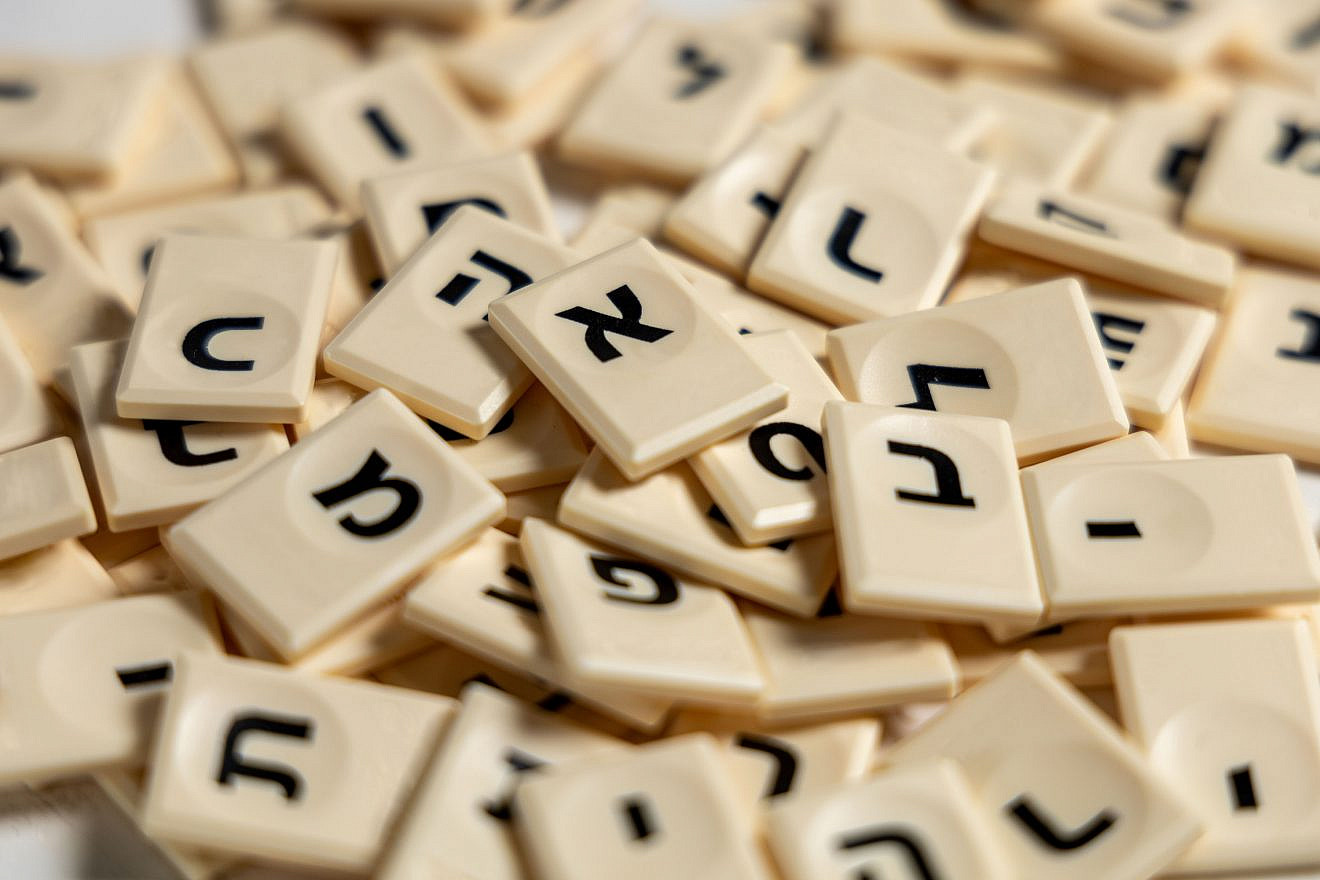A recent article in National Geographic lays out the history of the Hebrew language, its ancient origins, modern revival and continued evolution.
Mirit Bessire, Hebrew-language program director at Johns Hopkins University, said that “King David and I could probably understand each other.”
She analogized modern Hebrew to biblical Hebrew as akin to modern English’s relationship to Elizabethan-era, Shakespearean-style vernacular.
Hebrew originally thrived as a language from the 13th to second centuries BCE. Jewish communities then began adopting the languages of their communities, leaving it by the wayside in daily life and relegating it mainly to Torah study and recitation.
The article identifies Lithuania-born Eliezer Ben-Yehuda as “the father of modern Hebrew.” He and his wife moved in 1881 to Jerusalem, what was then Palestine under the Ottoman Empire. They chose strictly to speak Hebrew, thus raising their son, Itamar Ben-Avi, as “the first native Hebrew speaker in almost 2,000 years,” according to National Geographic.
By 1922, there were enough Jewish pioneers speaking Hebrew in their daily lives that the British Mandate rulers recognized it as the official language of Jews in Palestine. Like other languages, it has adopted many English words into its vernacular.
It was adopted as the de facto language of Israel upon its modern-day establishment on May 14, 1948.
To date, an estimated 15 million people speak Hebrew worldwide.


























